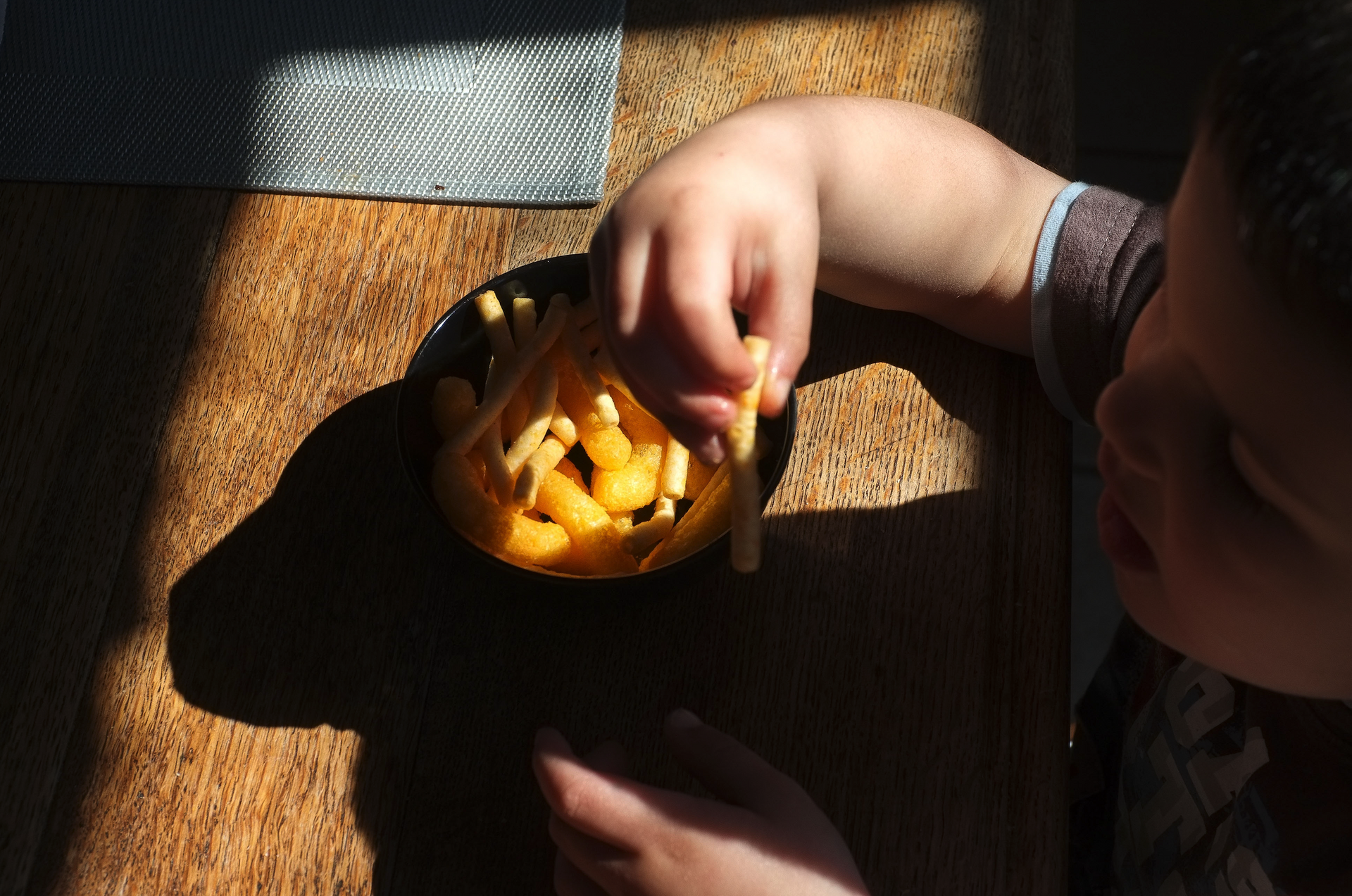Despite some progress, many schools in Belgium continue to serve unhealthy food, particularly when it comes to hot meals.
A recent survey conducted by the Flemish Institute for Healthy Living revealed some encouraging findings: schools in Flanders and Brussels are making strides in promoting healthy habits among students.
For instance, the availability of free tap water in primary schools has risen to an impressive 93%, while secondary schools are not far behind at 94%. These figures represent significant improvements from the previous survey conducted in 2019.
Furthermore, there has been a noticeable decline in the number of sugary beverages served in school cafeterias, such as fruit juices and fizzy drinks. Many schools have already adopted the policy to ensure that these unhealthy options are either completely eliminated or reserved for special occasions.
Falling short
However, there is still much room for improvement, especially concerning the nutritional quality of hot meals served in schools. Meat continues to dominate school menus, with less than one-third of schools offering meat substitutes such as legumes, soy or tofu at least once a week.
Vegetable consumption also falls short of ideal recommendations. The Flemish Institute for Healthy Living recommends that schools provide a full portion of vegetables daily as part of the hot meal, equivalent to half a plate of vegetables. Unfortunately, only half of the schools surveyed meet this recommendation.
While this represents an improvement compared to three years ago when only a third of schools offered a full portion of vegetables, there is still a considerable gap to fill.

Credit: Belga/ Bruno Fahy
Notably, in secondary education, the prevalence of deep-fried options, such as chips or croquettes, remains relatively high, with almost two-thirds of schools offering them at least once a week.
The Flemish Institute for Healthy Living underscores the need for continued support and encouragement to schools and caterers to adopt healthier food choices, with an emphasis on plant-based alternatives.
It stressed that ensuring accessibility to these options for all students is vital, as is fostering a positive environment that encourages students to explore new flavours.
More movement
In contrast to the relatively strong emphasis on mental well-being in Flemish and Brussels schools, the survey highlights a need for increased physical activity opportunities. Many students are spending extended periods in sedentary positions during the school day.
While most schools do offer physical education classes and play breaks, there is a lack of attention to breaking the long periods of inactivity within the classroom itself. In secondary schools, only a quarter of institutions adequately address this issue.
The Flemish Institute for Healthy Living suggests various strategies to combat this problem. Schools and teachers can incorporate "exercise snacks," which involve incorporating physical movement into certain parts of the lesson.
Additionally, they can explore "moving learning," where lessons are conducted while standing or outdoors. Furthermore, optimising classroom layouts to promote movement during learning sessions is also recommended.
